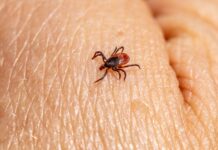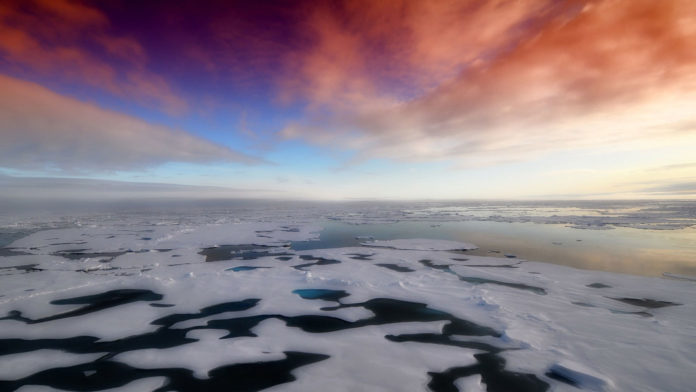In a bold and unified move, an agreement on an international commercial fishing ban has been reached to protect the newly thawed waters of the central Arctic Ocean for the next 16 years.
The agreement will protect the area from overfishing until sustainable fishing practices can be established. It also commits to extensive scientific review of the Arctic’s changing ecology as global temperatures continue to rise.
Although the deal has been agreed upon in principle, to take effect it will need to be signed by the nations involved, which includes Canada, the United States, Norway, Denmark, and Russia, all of which have Arctic coastlines. The deal also includes South Korea, China, Japan, the European Union, and Iceland, which are further south but also operate commercial ocean trawling fleets.
The deal is slated to protect 2.8 million square kilometers of international waters in the Arctic. This is important because it would be legal to fish in international waters, but without a deal, commercial activities would go unregulated.
The deal will automatically be renewed every five years after the initial 16-year ban expires until one of the signing countries objects or science-based regulations are agreed upon.
Until now, the central Arctic Ocean has been difficult to access by ship because its temperatures have kept it locked under ice year-round. Increasing global temperatures have cleared as much as 40 percent of this area as open water during the summer, in particular to the north of Alaska and Russia.
At the same time, the retreating edge of the sea ice is rapidly altering the local marine ecosystem. More sunlight is penetrating the water and plankton are flourishing, providing a more abundant food supply for fish, which are then also hunted by higher predators like seals and polar bears. Researchers anticipate increased numbers of Arctic cod that are already local to the area, as well as migration of non-native fish species from further south.
The combination of increased fish stocks and increased open water makes it a new and attractive location for commercial fishing, but the ban will allow researchers to ensure sustainable quotas are set before fishing activities begin. The studies will identify which species are present and their abundance, how they fit into predator-prey relationships, and how they might be affected by climate change.
The commitment to a joint scientific review will allow the signatories to combine their expertise and ice-breaker fleets to come to a consensus.
This is a remarkable international commitment to putting sustainable practices first, allowing science to inform best practices before launching into new commercial activities.





































